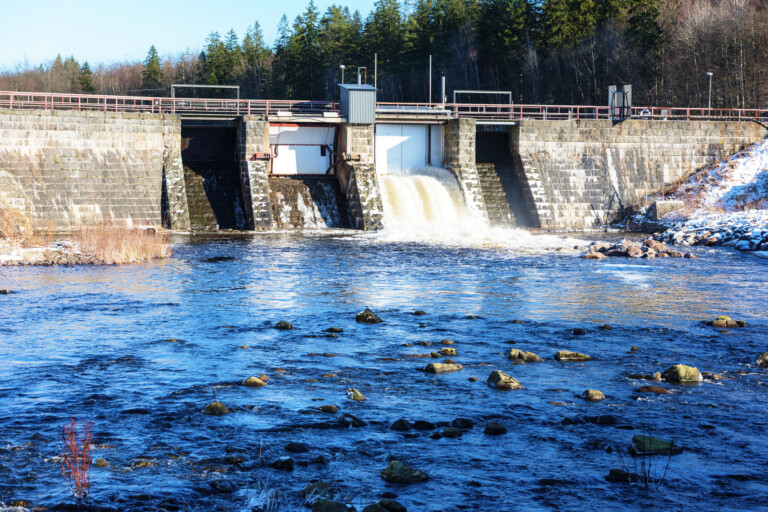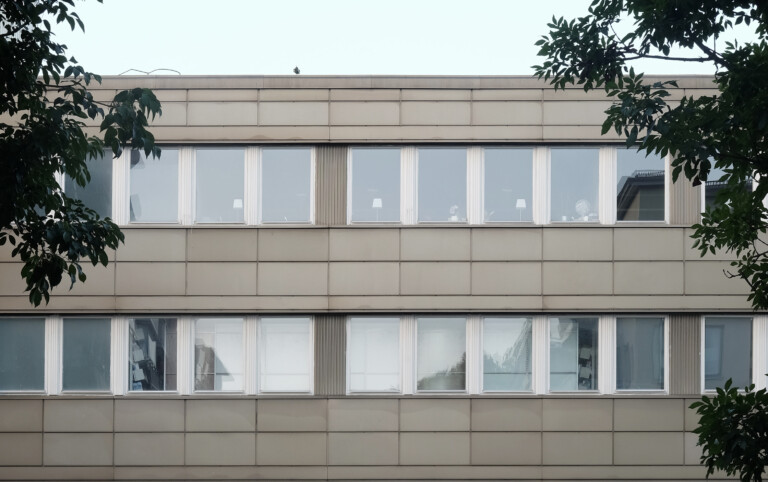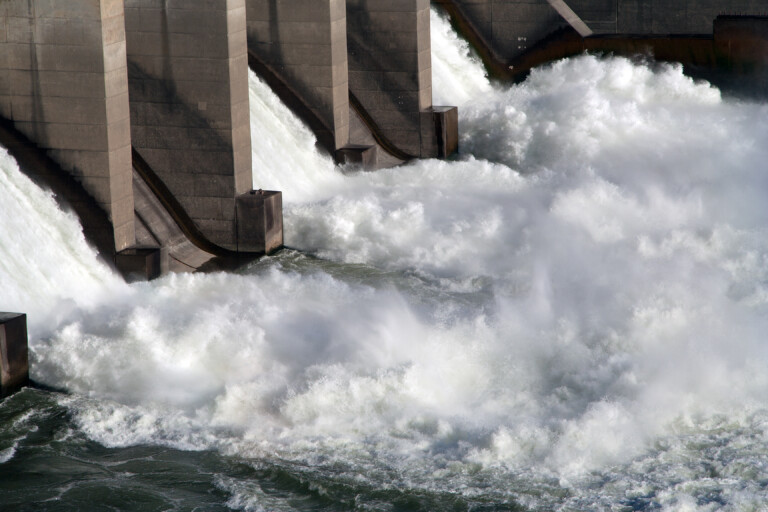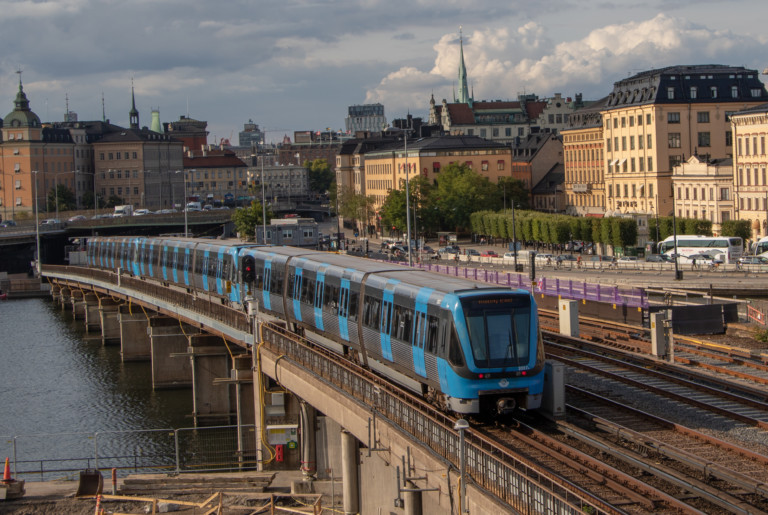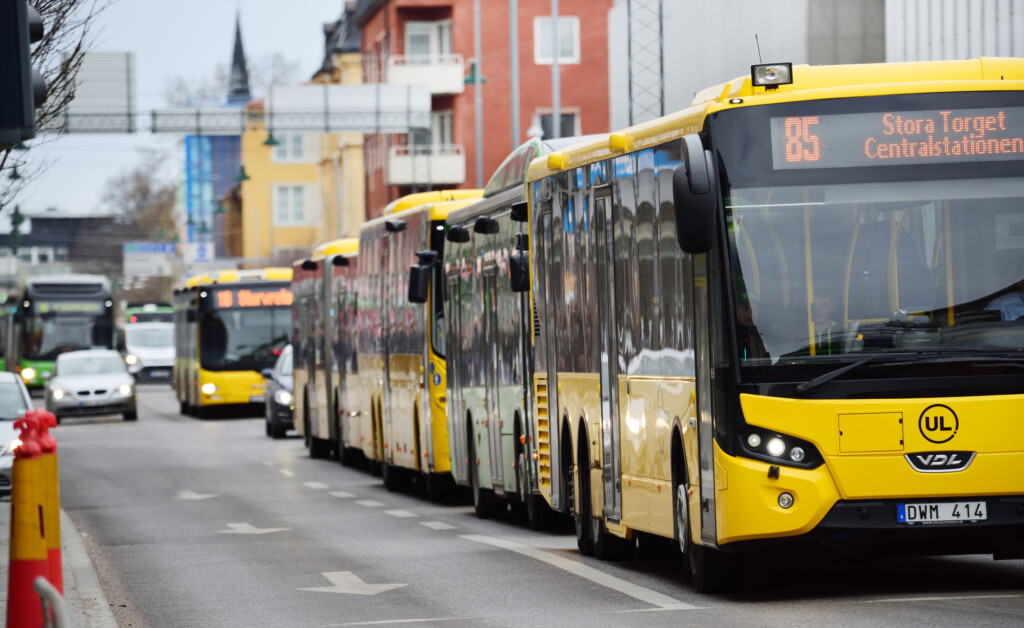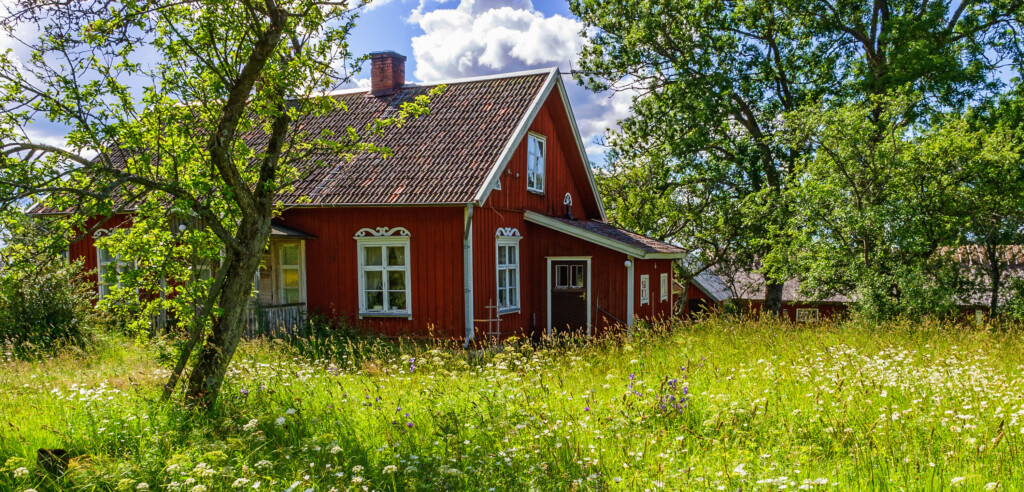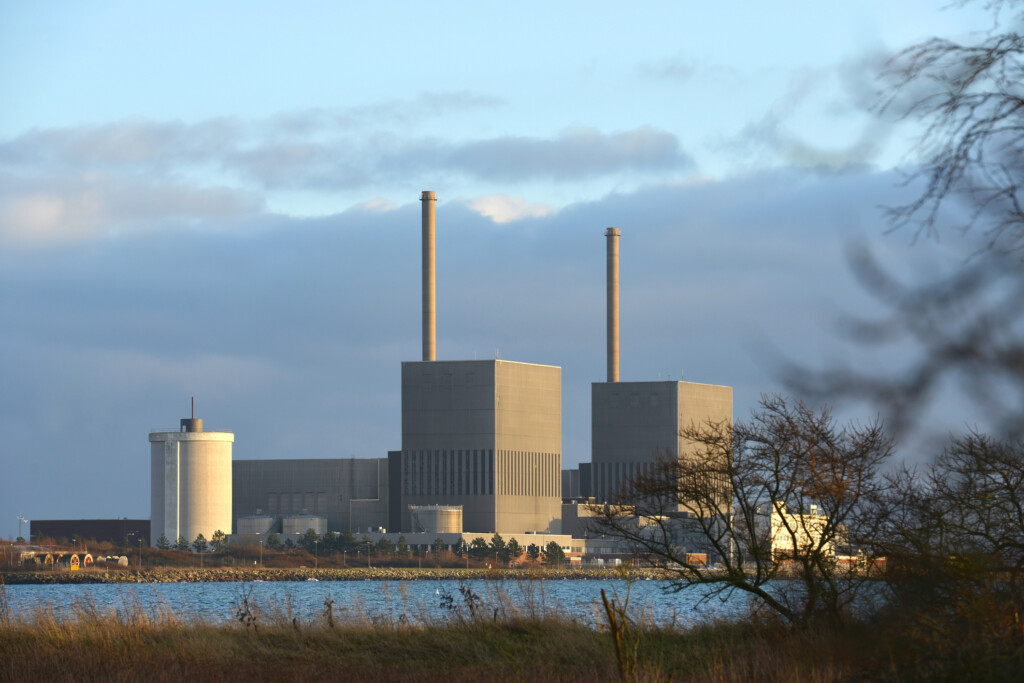Water
Writing the history of nuclear power
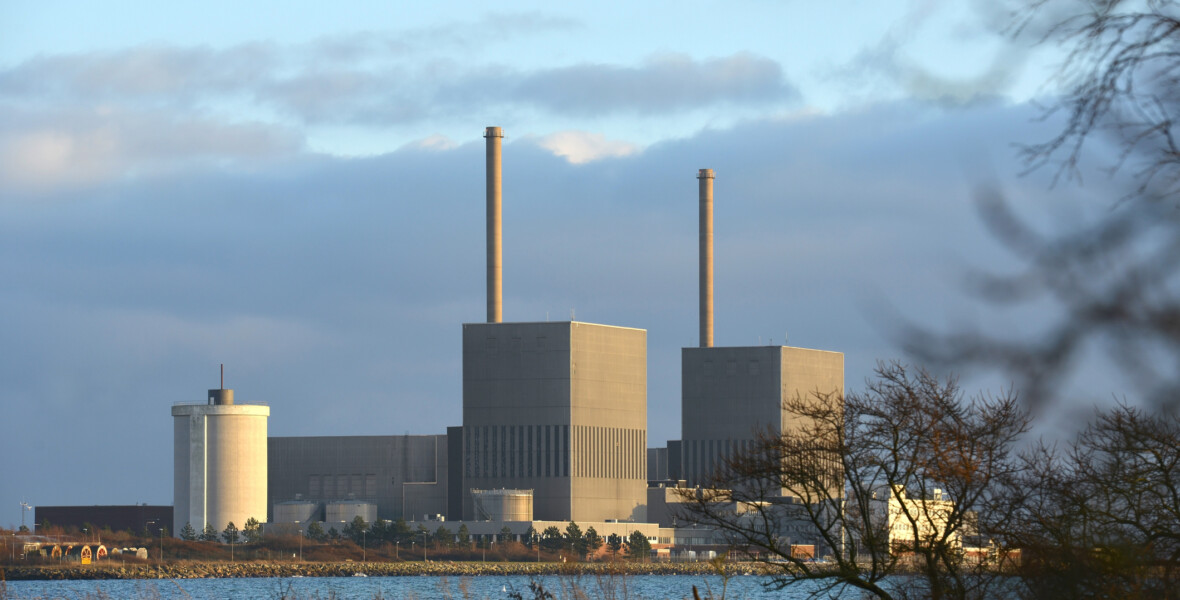
Technology historian Per Högselius ventures into an ideological battlefield with his book project on the rise and decline of nuclear power. He believes that understanding the industry’s history is important now that the debate about its future has flared up again.
Prenumerera på Extrakts nyhetsbrev!
Läs mer
Håll dig uppdaterad! Få kunskapen, idéerna och de nya lösningarna för ett hållbart samhälle.
Personal data is stored only for the mailing of Extrakt newsletters and information related to Extrakt’s operations. You can cancel the newsletter at any time, which means you will no longer receive any emails from us
In the story of Swedish nuclear power, the focus is often on the political debate, but the industry’s development is also determined forces outside of the Riksdag. In his work on the book, KTH researcher Per Högselius will delve deep into both political archives and industrial archives. The goal is to try to understand why nuclear power rose sharply in the 1970s and 1980s to then decline at the turn of the century.
He feels that the part of the story dealing with the decline of nuclear power is at least as interesting as its rise.
“In the past, technology history has almost always been about the success stories. A lot has been written about people and companies that have succeeded and about the rise of new technologies, but there has now been a shift with increasing interest in stagnation, abandonment and the phasing out of technologies,” he says.
Industry in deep crisis
Per Högselius describes the nuclear power industry as one in deep crisis, but he does not want to judge it as dated. He tries to stay above the polarising debate where some envision a nuclear renaissance while others see a technology that has been out-competed by new energy sources.
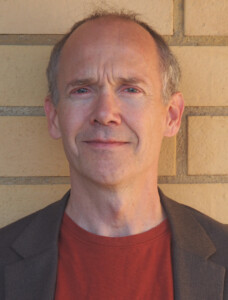
He notes that the growing need for energy that does not contribute to climate change could suggest a new rise of nuclear power. He also points to existing resistance to expanding wind power and hydropower as possibly benefiting the nuclear power industry.
What speaks against a new rise of the technology, above all else, is its cost. It is difficult to justify investments in new reactors when compared to wind turbines and solar parks, which are significantly cheaper both to build and to operate. Arguments against nuclear power include the potential accidents and their potential to be targets of terrorist attacks.
“No one has begun building anything.”
While the government recently appointed a national nuclear power coordinator to “ensure a vigorous expansion of new nuclear power”, even if political initiatives are taken to promote new nuclear power, Per Högselius still thinks it is premature to speak in terms of a new dawn for the industry.
“There are discussions about building new nuclear power plants, but no one has begun building anything, not by a long shot. Nuclear power is fighting for its survival and new reactors would require huge investments, probably of taxpayers’ money.
Energy supply – a decisive issue
Per Högselius hopes that his book will contribute knowledge and nuance to the ongoing debate on nuclear power.
“The reality is more complex than the debate. The discussions are so ideologically charged that they go beyond what is reasonable.”
Sweden’s electricity needs are expected to grow significantly in the coming decades. Perhaps even double by 2045. Per Högselius describes energy supply as a decisive issue of our time, and he believes that the polarised debate around nuclear power opens the door for poorly weighed decisions.
“I hope to help more people see the historical context behind today’s nuclear energy debate and help ensure that we have a better discussion. The tone of the current debate is terrible.”
